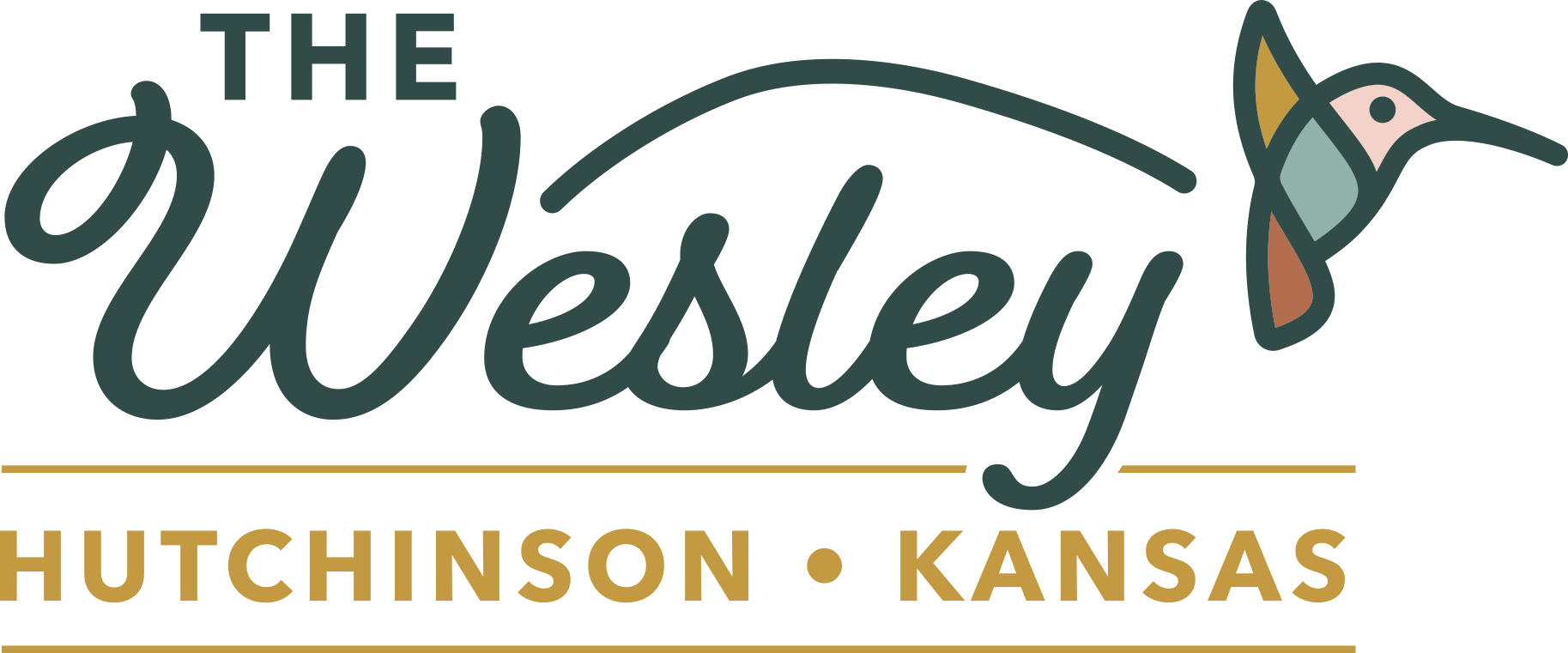Medicare Open Enrollment is an annual opportunity for Medicare eligible beneficiaries to choose how to receive their Medicare benefits.
1. When is Medicare Open Enrollment?
October 15 — December 7 each year. Decisions made during this time determine Medicare benefits for the next calendar year (2025).
2. What action must Medicare beneficiaries take during Medicare Open Enrollment?
Each year, Medicare-eligible beneficiaries must determine how they want to receive their Medicare Part A & B benefits. Individuals can choose from original Medicare, a Medicare Advantage (MA) plan, or a Special Needs Plan (SNP), which targets people with specific severe and chronic diseases, with certain health care needs, who are dually eligible for Medicare and Medicaid, or who have institutional-level care needs, such as in a nursing home. Individuals who opt for original Medicare can purchase a Medicare Supplemental Insurance plan (often called Medigap) to help cover their Medicare cost sharing. In most states, access to Medigap insurance is only guaranteed during the initial enrollment period; once that is over, Medigap insurance may not be available or affordable for those with a preexisting condition.
Open Enrollment is also the time for beneficiaries to select prescription drug coverage. Those who do not sign up for Medicare drug coverage initially will likely be subject to a late enrollment penalty if they want to join a plan later. Coverage requirements can be met through employer or retiree drug coverage, enrollment in a SNP or MA plan that includes drug coverage, or through a stand-alone Part D Prescription Drug Plan (PDP) for those who remain in original Medicare.
Current MA or SNP plan enrollees should review information sent by their plans that describes any plan changes that will begin January 1. Plans‘ Annual Notice of Change (ANOC), mailed to enrollees by September 30, explains any changes to current plan coverage, costs, and more; and the Evidence of Coverage document details what services the plan will cover, how much an enrollee will pay, and other items for the next plan year. Current MA or SNP plan enrollees can choose to return to original Medicare or change plans during this open enrollment period.
Individuals covered through a retiree health plan, Veterans’ Administration (VA) or TRICARE insurance, a Federal Employee Health Coverage, or employer-sponsored insurance may not want to make any changes
as those insurances may not allow dis-enrollees to return if they change their mind.
All of these options are described more fully in the 2025 Medicare and You Handbook.
3. What questions should beneficiaries consider as they evaluate their options?
- Providers: Are your providers (e.g., doctors, therapists, nursing homes, home health agencies, and specialists) in the plan’s provider network? Can you receive services from other providers outside of this network? Original Medicare allows enrollees to see any doctor or health care provider that accepts Medicare.
- Medicines: Are my prescription drugs covered and what co-payments would apply? If I currently take a name brand, will the plan cover it, or are only generics covered?
- Prior Authorizations for Services: Which services require pre-approval from the plan before receiving them? Consider that a prior authorization may include care in a skilled nursing facility or from home health services.
- Extra benefits: What supplemental benefits does the plan offer (e.g., vision, dental, hearing, assistance with groceries or rent) and what, specifically, does the coverage include (e.g., eye exam vs. eyeglasses, etc.)?
- Certain Benefits May jeopardize Government Assistance: Does the plan offer flexible benefit cards that provide an allowance to use for certain services such as groceries, rent, utilities, etc.? Federal policy on how cards should be considered is unclear; therefore, they may be counted as income when determining an individual’s eligibility for, and amounts of, federal rental assistance or other government assistance, such as Medicaid or Supplemental Security Income.
- Total Costs to Be Paid: What are my total out-of-pocket costs (e.g., premiums, deductibles, co-payments, maximum out-of-pocket amount) for each option: original Medicare with or without a Medigap plan and a prescription drug plan vs. MA or SNP?
- Coverage When Travelling: Does this option provide health care coverage when I am in another state or country?
4. What other enrollment opportunities exist for beneficiaries to change their Medicare benefit selections?
Medicare Advantage Open Enrollment Period — January 1 to March 31: Those who enroll in an MA or SNP plan and later change their mind can return to original Medicare or switch plans during this time. These changes take effect on the first day of the month after the request to switch is received.
Other Special Enrollment Periods (SEPs): In certain situations, individuals are allowed to change their selection in the middle of a plan year. This is called a Special Enrollment Period (SEP) and may be available in the following situations:
- If you move, including into/out of a facility like a nursing home or rehabilitation hospital
- If you lose other insurance
- lf your plan has a 3 star or lower quality rating and you want to switch to higher rated plan
- If you lose/gain eligibility for a plan due to Medicaid or chronic illness status
- If you were given misleading or incorrect information from a plan representative
- If there is a significant change in your plan’s provider network
To learn more about these SEPs and if they apply, check out the resources below.
5. What free resources are available to help me learn more about Medicare Open enrollment and my options?
- Medicare and You Handbook, 2025
- Medicare Plan Finder at www.medicare.gov
- State Health Insurance Assistance Programs — local experts with unbiased advice and assistance can be found at shiphelp.org or 1-877-839-2675
- Center for Medicare Advocacy’s ”Medicare Open Enrollment Period Updates for 2025” Webinar
Key Terms
Medicare Part A — inpatient hospital care, skilled nursing facility care, hospice care, home health care insurance.
Medicare Part B — helps cover medically necessary doctor’s services, outpatient care, home health services, durable medical equipment, mental health services, limited outpatient prescription drugs, and other medical services.
Medicare Part C — Medicare Advantage plans: A private health plan that covers your Part A & B services. Most MA plans also offer Medicare drug coverage (Part D). Individuals enrolled in these plans may only be able to receive services from health care providers in the plan’s network. In addition, some services or drugs may require plan approval before they are covered. These plans often offer additional benefits beyond those covered by Medicare (e.g. vision, dental, hearing).
Medicare Part D — Medicare drug coverage
Cost sharing — this refers to the portion of the cost a patient pays when they receive care or services covered by their insurance plan. Co-payments (e.g. $10 per visit), co-insurance (e.g., 20% of the service cost), or deductibles (amount person pays for health care before the insurance starts to pay) are examples of costs paid by individuals over and above their monthly premiums to be in a plan.
How can aging services providers support Medicare-eligible older adults during Medicare Open Enrollment?
Open enrollment is a great time to share information about Medicare and Medicare Advantage.
- Host an education session or coffee chat on Medicare Advantage and Medicare.
- Distribute a list documenting which plans you work with (if you provide or offer services).
- Invite local State Health Insurance and Assistance Program staff to present on the various plan options and answer questions. 0 Identify and share resources for unbiased information in your newsletter or through email.
- Host Medicare/MA office hours in your computer lab or community room. Use the Medicare Plan Finder at ww.medicare.gov.
Medicare Advantage regulations (42 CFR 422.2266) permit providers to:
- Distribute unaltered, printed material created by CMS (e.g., Medicare & You Handbook).
- Provide a list of MA organizations with which they contract or participate, or both.
- Answer questions or discuss merits of a MA plan(s), including cost sharing and benefit information.
- Refer patients/residents/individuals to other information sources like the State Health Insurance Assistance Program or Medicare.gov.
- Refer to MA plan marketing materials available in common areas.
- Provide information and assistance in applying for an MA plan.
- Announce new or continuing affiliations with Medicare Advantage Organizations (MAOs), once signed.

